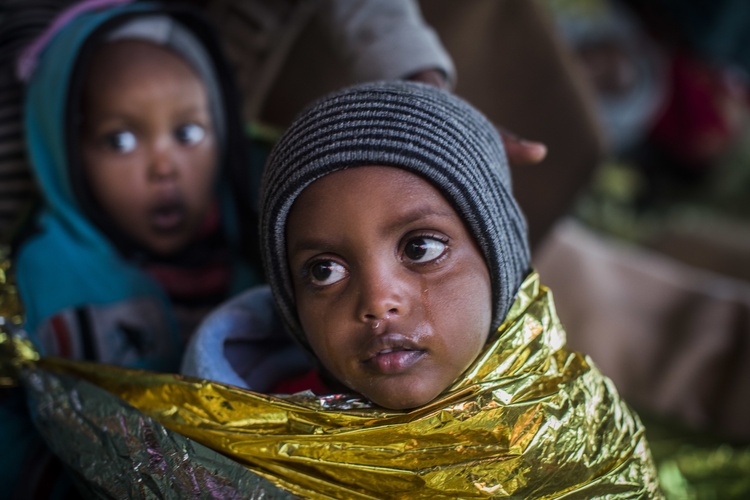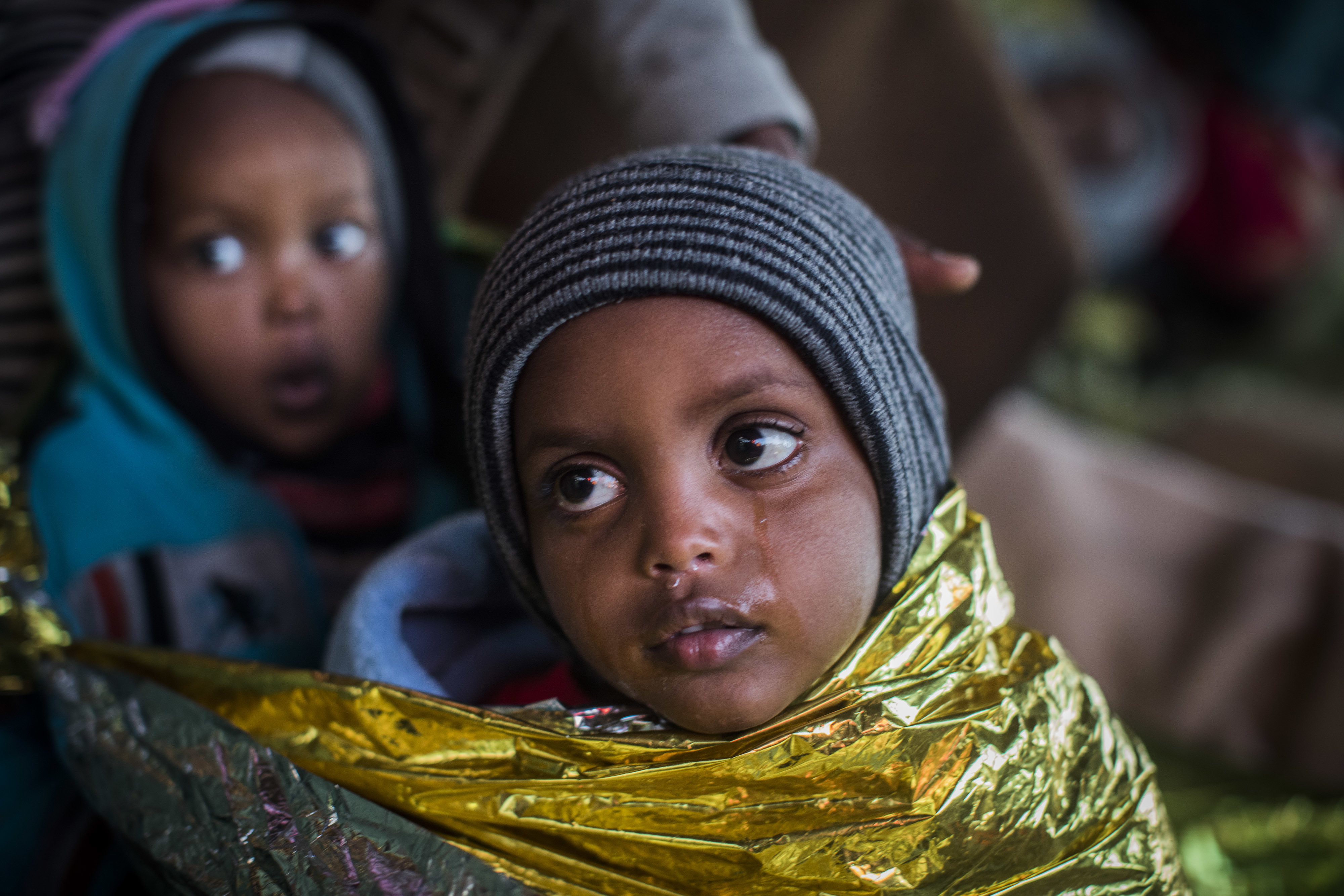The so-called “security decrees”, which the far-right League leader spearheaded in 2018 and 2019, were amended by a government decree approved by the cabinet late on Monday.
The changes mean refugees and migrants arriving in Italy can apply for humanitarian protection or obtain work permits.
The government has also cut the time needed for Italian citizenship applications to be processed down from four years to three, Italian newspaper Il Messaggero reported.
However, the timeframe was two years before the so-called “Salvini decree” became law in 2018.
“Tonight a wall comes down in Italy,” Peppe Provenzano, Minister for the South with the co-ruling Democratic Party (PD) said.
“We took a while, a bit too long, but now Salvini’s so-called ‘security decrees’ are no longer.
“Onward towards a country with more rights and more humanity.”
Economy Minister Roberto Gualtieri said Salvini’s decrees had finally been overturned, and that “work is being done on healthy integration, respecting human rights”.
Italy’s current centre-left coalition government had promised on coming to power last year that it would overhaul the “Salvini decree”, which included fines of up to €1.8 million for the crew of humanitarian ships rescuing migrants in the Mediterranean.
Rescue boats which violate official orders in carrying out their activity will now face lighter fines of up to $50,000.
The fines for rescue ships that make unauthorised entries into Italian territorial waters are not applicable if the vessels liaise with their flag state and maritime authorities coordinating search-and-rescue operations and follow their instructions, the government said.
Salvini made introducing anti-migration laws a priority when he came into government with his “Italians first” and “closed ports” mottos.
He ended Italy’s two-year “humanitarian protection” residency permits, which were approved for 25 per cent of asylum seekers in 2017.
Asylum was only granted to those who risked being tortured if repatriated.
Migrants and refugees will not be expelled if they “risk being subjected to torture or inhumane treatment” at home, under the new rules, which also make it easier for those who hold special residence permits to obtain a regular working visa.
The new law also reintroduces the use of smaller reception and integration centres for hosting refugees, which Salvini had scrapped.
They are widely thought to be more effective than the larger centres now being used.
However, the new decree does not make allowances for second-generation migrants born and raised in Italy, who have long pushed to be automatically granted Italian citizenship before they turn 18.
Salvini, who remains a popular figure in Italian politics, denounced the overhaul of his decree, while the League said it would start collecting signatures against it.
“Open ports (and wallets) for smugglers and illegal migrants are back,” Salvini said in a statement.
“We will stop them.”
A change in the laws, specifically on the issue of fines, had been urged by Italian President Sergio Mattarella, who called the penalties “disproportionate”.
The new rules are due to enter into force after they are signed by Mattarella and published in the official gazette.
Normally this takes a few days.
Parliament will then have to ratify the reform within 60 days, or else its validity will cease.
During the process, the rules could be amended further.












